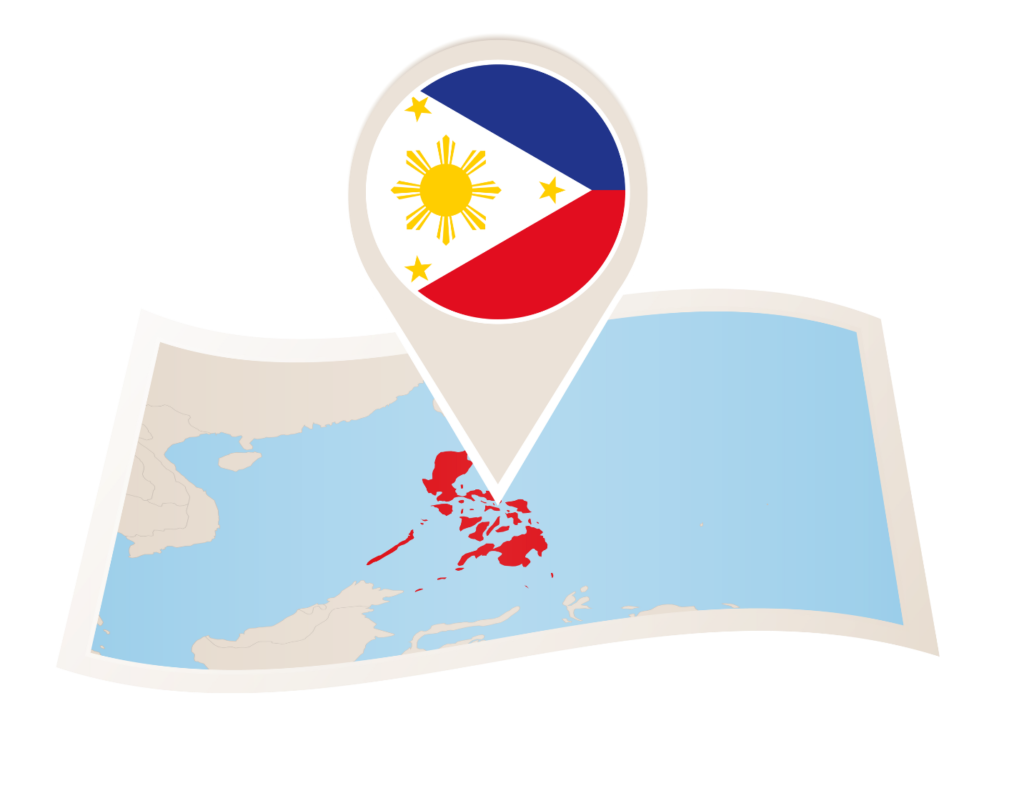Restrictions on Land Ownership
The concept of land ownership has been a cornerstone of the American dream since the founding of the United States. This freedom has played a crucial role in shaping the economic, social, and cultural landscape of the nation. However, land ownership is restricted or subject to stringent regulations in many other countries.
Restrictions on land ownership, along with the challenges of maintaining land ownership from abroad, can prove difficult for expatriates. The purpose of this blog is discuss certain restrictions imposed in the Philippines and discuss how Filipino Americans can manage certain tasks from abroad.
Philippine Eligibility Requirements
Under the 1987 Philippine Constitution, only Filipino citizens and corporations or partnerships whereby at least 60% are owned by Filipinos are entitled to acquire land in the Philippines. However, one of the recognized exceptions to this rule is acquisition by natural-born Filipino citizens who lost their Philippine citizenship. Many expatriates fall into this category.

What Does the Philippine Constitution Say Regarding Land Acquisition?
ARTICLE XII
Section 7. Save in cases of hereditary succession, no private lands shall be transferred or conveyed except to individuals, corporations, or associations qualified to acquire or hold lands of the public domain.
These “individuals, corporations or associations qualified to acquire or hold lands of the public domain” refer to Filipino citizens and corporations or partnerships whereby at least 60% are owned by Filipinos.
ARTICLE XII
Section 8. Notwithstanding the provisions of Section 7 of this Article, a natural-born citizen of the Philippines who has lost his Philippine citizenship may be a transferee of private lands, subject to limitations provided by law
Who Are Considered Filipino Citizens?
According to Article IV, Section 1 of the Philippine Constitution, the following are citizens of the Philippines:
(1)
Those who are citizens of the Philippines at the time of the adoption of the 1987 Philippine Constitution
(3)
Those born before January 17, 1973, of Filipino mothers, who elect Philippine citizens upon reaching the age of majority
(3)
Those born before January 17, 1973, of Filipino mothers, who elect Philippine citizens upon reaching the age of majority
(2)
Those whose fathers or mothers are citizens of the Philippines
(4)
Those who are naturalized in accordance with law
Who Are Considered Natural-Born Filipino Citizens?
According to Article IV, Section 2 of the Philippine Constitution, natural born citizens are those who are citizens of the Philippines without having to perform any act to acquire or perfect their Philippine citizenship. Those who elect Philippine citizenship under (3) above shall be deemed natural-born citizens.
Former natural-born Filipinos or those who have undergone naturalization in order to become citizens of another country can still buy land in the Philippines under their name, however, it is subject to certain limitations.
What are the Limitations to land Acquisition by Former Natural-Born Citizens who Lost Their Philippine Citizenship?
RESIDENTIAL PURPOSES
maximum area of 1,000 square meters of urban land or 1 hectare of rural land
Basis: Batas Pambansa Blg. 185, Sec. 2
BUSINESS PURPOSES
maximum of 5,000 square meters of urban land or 3 hectares of rural land
Basis: Republic Act No. 8179, Sec. 10
How Can A Former Natural-Born Filipino Citizen Transfer The Title Of Their Acquired Property To Their Name?
They may process with Register of Deeds personally or through an authorized representatives duly armed with a Special Power of Attorney.
For former Filipino citizens intending to delegate its affairs to an authorized representative, in addition to standard documentary requirements for individuals processing their transfer of title, they will be asked to submit additional documentary requirements, especially a consularized Special Power of Attorney, Affidavit of Former Filipino Citizenship, and an Affidavit of Waiver of Rights
Is The Physical Presence Of Former Natural-Born Filipinos Who Lost Their Philippine Citizenship Required When Acquiring Philippine Land?
They answer is: not necessarily.
The process of transferring the title of acquired properties to the buyer’s name involves going to multiple government offices in the Philippines such as the Registry of Deeds, Bureau of Internal Revenue, and Assessor’s Office. The visits to these offices involve filing the required documents, securing assessment of transfer taxes, obtaining appropriate Certificates to facilitate the transfer of title, and acquiring the new title and new tax declaration in the name of the new owner. The buyer need not go to these offices personally if the buyer has an authorized representative so named in a legal document called a Special Power of Attorney.
What May Be Contained in the Special Power of Attorney?
The Special Power of Attorney (“SPA”) is a document that creates or conveys rights over real property. It lays down the specific acts that principals authorized their attorney-in-fact to do on their behalf which includes, but is not limited to, selling of the property, leasing out of the property, buying a property, making and/or receiving payments over the subject property on behalf of the principals, paying the property taxes, signing contracts and/or other documents pertaining to the property.
In the case of an SPA executed by former natural-born Filipino citizens to transfer the title of their acquired property to their name, the SPA shall authorize their attorney-in-fact to, among others, process, file, submit, comply, and sign all documentary requirements and other pertinent papers for the processing of the transfer of title and/or tax declaration over the principals’ acquired property. In addition, the SPA shall authorize the attorney-in-fact to pay and settle all taxes and fees due over the transfer of title and/or tax declaration over the principals’ acquired property. Essentially, the SPA authorizes the attorney-in-fact to do and/or perform any other acts as may be necessary for the satisfaction and/or facilitation of the transfer of title and/or tax declaration over the principals’ acquired property.
Why Is It Challenging For Former Natural-Born Filipino Citizens to Own Land in the Philippines?
Remember: Philippine laws generally reserve land ownership for Filipinos and former natural-born Filipinos who lost their Philippine citizenship can own Philippine land only by way of exception. Thus, their acquisition of Philippine land must strictly comply with the limitations and requirements set forth by Philippine laws.
As mentioned above, the process of transferring title of Philippine land involves multiple visits to different government offices. This back-and-forth would certainly be time-consuming.
Former natural-born Filipino citizens, due to location problems, usually do not have the luxury of time to wait out the personal processing of the transfer of titles to their name which is why most opt to authorize another person on their behalf to facilitate the transfer of title and tax declaration to their names instead.
Meet the Author:
Christine Bontuyan is a lawyer in the Philippines and she is based in Cebu City. She earned her Juris Doctor degree in 2020. Apart from handling civil and criminal cases in the Philippines, Christine serves as a paralegal for reputable US law firms. She previously served as an elected public official in the Philippines, as the Sangguniang Kabataan Chairperson of Barangay Talamban, Cebu City from 2018 to 2023.


